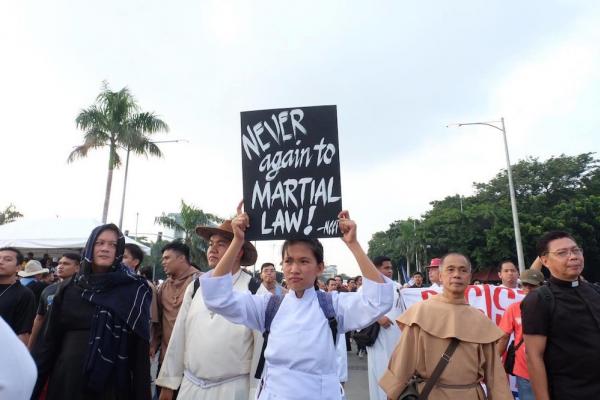Nov 5, 2020
Should the faithful take to the streets in protest to combat political injustice, they will be following the footsteps of religious groups across the globe that have responded with nonviolent action during times of civil resistance.
Read the Full Article

Already a subscriber? Login
